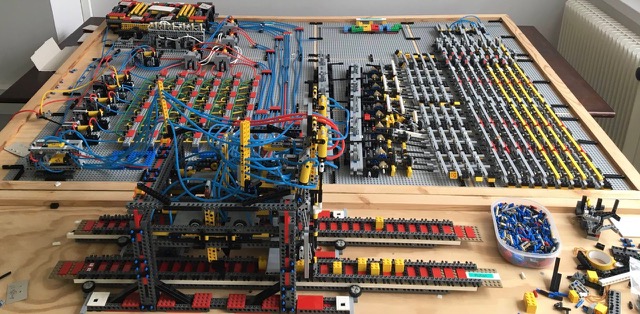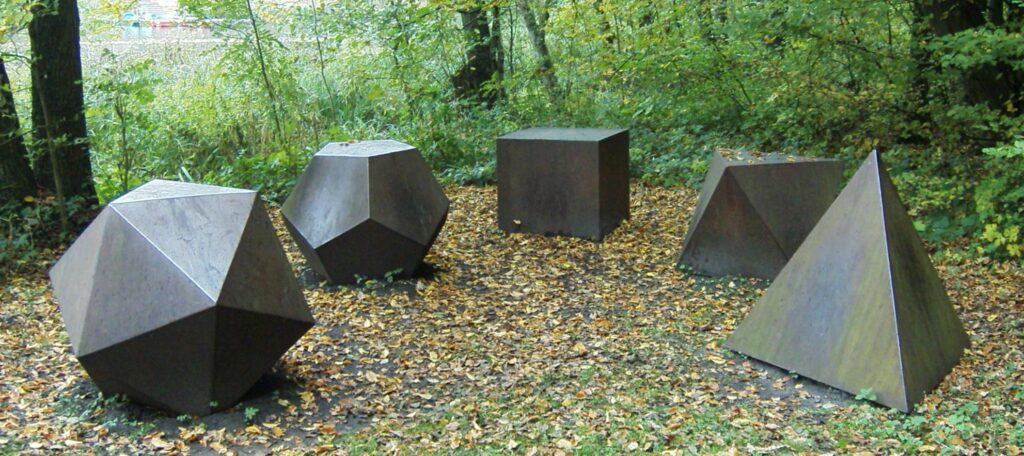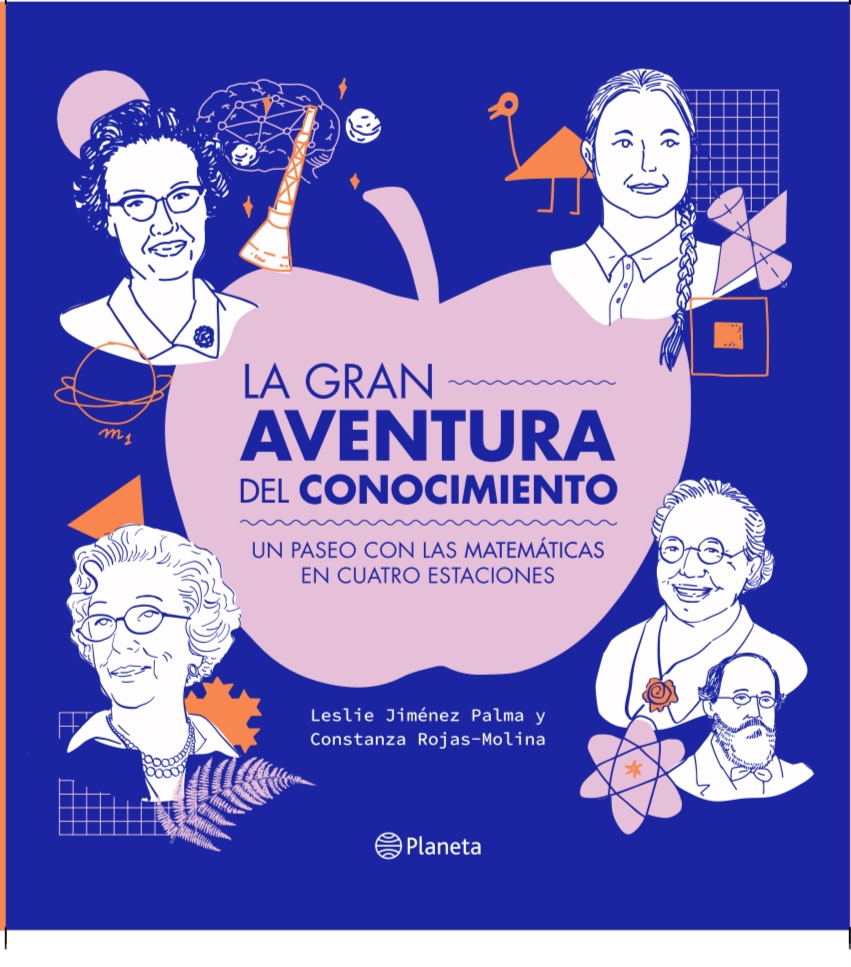The Seminar takes place on Mondays at 14:15, usually in Seminar Room C of the Mathematikon.
Schedule
22.04.2024
Speaker: Constanza Rojas-Molina (Université de Cergy-Pontoise)
Title: Sketchnotes, comics, and mathematics. New and old formats for maths communication.
Time: 14:15
Abstract:
In this talk I share my experience, as a mathematician and illustrator, doing maths communication using two graphic formats: sketchnotes and comics. They’re both visual languages to express ideas, which from my point of view, makes them similar to the mathematical language. While sketchnotes are immediate by nature and concern more ideas and their structure, comics allow for storytelling and context. In my work the dividing line between these two formats blurs, to adapt to mathematical content.
Sketchnotes, or visual note-taking, is a way of recording thoughts using drawings, symbols, and text following a certain structure or hierarchy. Sketchnotes, and its live version “graphic recording”, has had quite a boom in the past decade thanks to the work of Mike Rohde, UX designer and sketchnote expert. While this trend is international, Germany stands out for having a booming community of sketchnoters and graphic recorders. In recent years I’ve explored the possibilities of using this format to communicate math and to teach. In this talk I report on the #Noethember and #mathyear initiatives and the book La Gran Aventura del Conocimiento (Ed. Planeta Chile, 2023) written with mathematician and didactician Leslie Jimenez Palma (U. Chile).
Together with sketchnotes, I’ve explored more recently the format of comics and zines to do outreach. I report on a recent collaboration with mathematician Alberto Mercado (U. Federico Santa Maria,Chile) a comic about the Collatz Conjecture, available at www.acip.cl/comic/.
06.05.2024
Speaker: Hugo Parlier (Université du Luxembourg)
Title: Crossing lines: from graphs to surfaces
Time: 14:15
Abstract:
The interplay between graph theory and surface topology has become a classic topic in both combinatorics and geometric topology. This talk will be about surprising links via moduli theory, which is originally about measuring distances between surface shapes.
From curve counting, to combinatorics and hyperbolic geometry, the talk aims to show how graphs can help us understand moduli spaces and how moduli spaces can help us understand graphs. This will include recent progress on generalizing the so-called crossing lemma, which helps quantify how far from being planar a graph can be in terms of its number of edges and vertices.

03.06.2024
Speaker: Aurélien Alvarez (ENS Lyon)
Title: Can you build a Turing machine out of Lego?
Time: 14:15
Abstract: What is a calculation, what is an algorithm? In 1936, Alan Turing provided an answer to these questions by defining what is now called a Turing machine, that is to say an abstract mathematical model that gives precise meaning to the intuitive and ancestral notion of computation, and which is particularly suitable on the theoretical level to address questions of computability and complexity. Can we imagine building, only with Lego bricks, a very real “Turing machine” and thus “seeing” a calculation? This is the challenge we will discuss in this talk.

17.07.2024
Final presentations of the HEGL Student Seminar
Time: 14:15
Abstract: For this special event, the HEGL Community Seminar welcomes the students of the SoSe 2024 Teaching Mathematics Seminar. We will hear about Combinatorics, Game Theory, Graph Theory, Statistics and Geometry. The presentations will be given in German and followed by refreshments and cake. Mark your calendars and make sure to join us!


